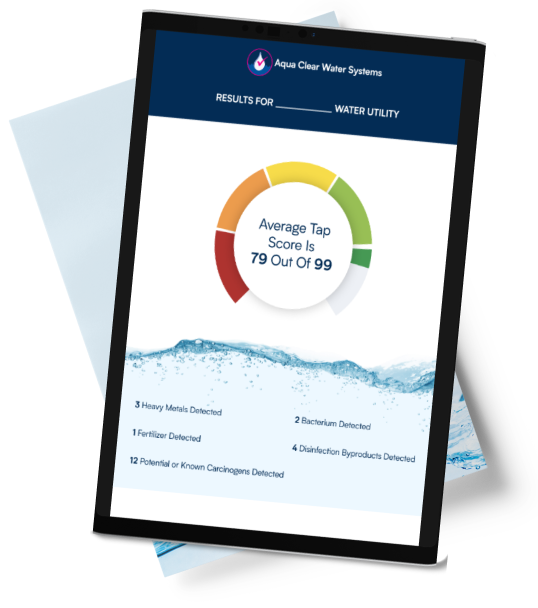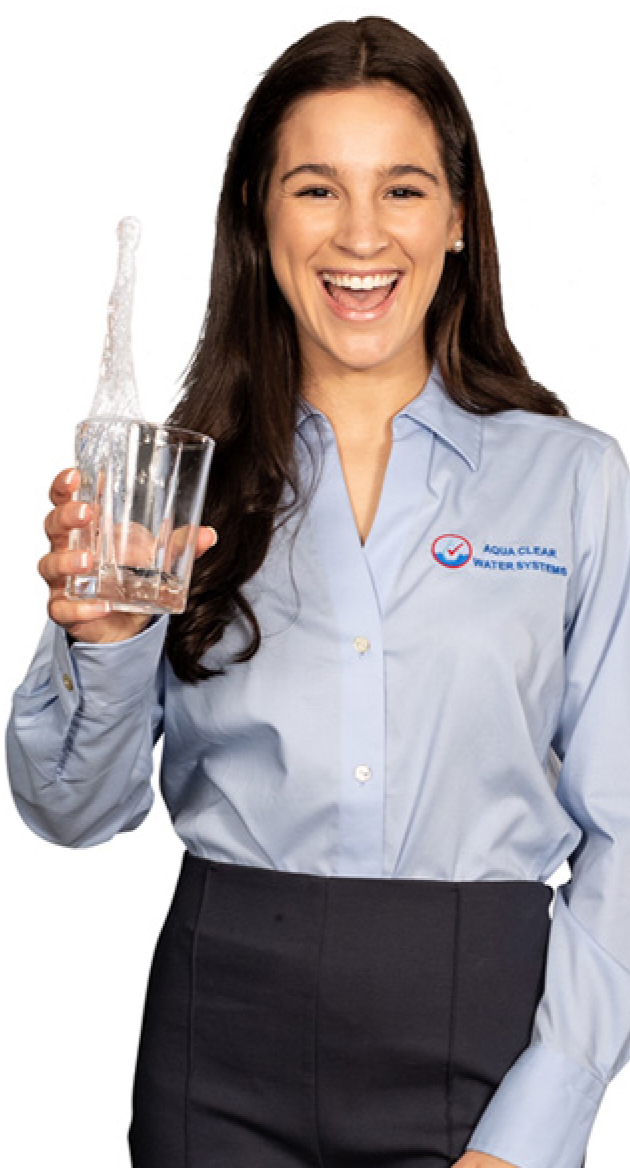Today’s water filtration industry offers everything from simple pitchers to advanced whole-home systems. With so many choices, it can feel overwhelming to figure out which option is right for you. The truth is, not all systems are created equal—especially if your goal is to protect your entire household from hard water and hidden contaminants in tap water.
This beginner’s guide to whole home water filters will walk you through how these systems work, the benefits they bring, and what to consider before investing in one for your home.
Types of Water Filtration Systems
Before we dive into how a whole home water filter works, let’s look at the other options on the market:
- Pitcher or refrigerator filters: Great for renters or anyone wanting a low-cost, entry-level solution.
- Point-of-use (POU) systems: Installed at a single tap or under the sink, these systems filter water for drinking and cooking.
- Whole home (point-of-entry) systems: Installed where water first enters your house, these filters protect your entire plumbing system and every water outlet.
How Does a Whole Home Water Filter Work?
If you’re wondering, “how do water filters work, step by step?” here’s the breakdown:
- Water entry: The system is installed where your municipal or well water enters your home, so every drop is treated before it reaches faucets, showers, or appliances.
- Prefiltering: Larger particles such as sand, dirt, and sediment are trapped to protect more delicate filters downstream.
- Main filtration: Typically an activated carbon filter removes chlorine, pesticides, organic compounds, and “forever chemicals” like PFAS, leaving water cleaner and better-tasting.
- Optional add-ons: Reverse osmosis membranes for chemical removal, UV filters to kill bacteria and viruses, and ion-exchange softeners to reduce hard water scale.
- Distribution: Once filtered, clean water flows through your plumbing to every outlet in your home.
Advantages of Whole Home Water Filters
Installing a point-of-entry filtration system comes with major benefits:
- Cleaner, safer drinking water at every tap.
- Better tasting water for cooking and hydration.
- Healthier skin and hair by removing chlorine and hard minerals.
- Extended lifespan for appliances such as washing machines and water heaters.
- Reduced maintenance costs from scale buildup and mineral deposits.
Disadvantages to Consider
No system is without trade-offs. Keep these in mind:
- Higher upfront cost: Whole home filters require more investment than pitchers or under-sink systems.
- Professional installation: DIY setups risk water pressure problems or leaks, so hiring a licensed professional is strongly recommended.
- Ongoing maintenance: Filters and cartridges need regular replacement, though maintenance plans can reduce the burden.
Important Things to Remember
Before investing in a water filtration system, find out what’s actually in your water. Municipal customers can review local water quality reports, while well owners should test their water yearly through a certified lab. Knowing your water’s specific issues will help determine whether you need extra stages like UV sterilization or water softening.
At Aqua Clear Water Systems, we don’t just install filters—we help you choose the right solution for your water quality, your home, and your budget.
Can You Drink Tap Water with a Whole Home Filter?
Absolutely. Many homeowners install a whole home water filter because they dislike the taste, odor, or chlorine in their tap water. A properly designed system removes these contaminants while keeping essential minerals, giving you water that is safe, clean, and great-tasting—straight from every faucet.
Final Thoughts
Whole home water filters provide a comprehensive solution for families who want healthier water, longer-lasting appliances, and peace of mind. While they require more upfront investment, the long-term benefits for your home and health are well worth it. To explore your options, contact Aqua Clear Water Systems for expert advice and installation tailored to your household’s needs.







